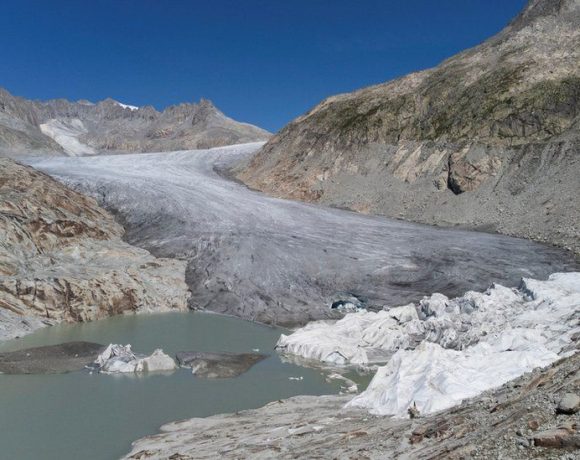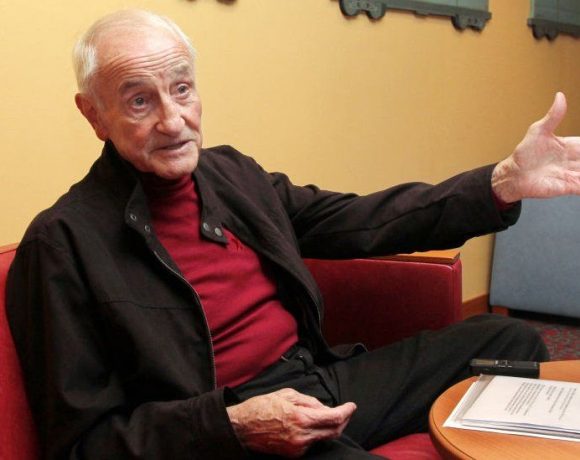
Switzerland’s referendum results show support for a new climate bill aimed at reducing fossil fuel usage and achieving net-zero carbon emissions by 2050.
The government emphasizes the need to protect energy security and the environment as Swiss Alps glaciers rapidly melt. The legislation necessitates a transition from imported oil and gas to renewable energy sources. In the referendum held on Sunday, 59.1% of voters approved the green energy proposals. Critics argued that the measures would lead to increased energy prices. Almost all major Swiss parties, except the right-wing Swiss People’s Party (SVP), endorsed the bill.
The SVP triggered the referendum after opposing the government’s suggestions. Currently, Switzerland imports approximately three-quarters of its energy, relying entirely on foreign oil and natural gas. The climate bill commits to providing 2 billion Swiss francs ($2.2 billion; £1.7 billion) in financial support over a decade to encourage the adoption of climate-friendly alternatives to gas or oil heating systems, as well as 1.2 billion Swiss francs to promote green innovation in businesses.
This decision comes as Alpine glaciers face significant threats from rising temperatures caused by climate change, having lost a third of their ice volume between 2001 and 2022. Noted Swiss glaciologist Matthias Huss, who has closely monitored the glaciers’ retreat, expressed his satisfaction on Twitter, describing the referendum outcome as a “strong signal” that climate science arguments were heard. Socialist Party parliamentarian Valerie Piller Carrard hailed it as an “important step for future generations.”
Additionally, voters overwhelmingly supported the implementation of a global minimum tax rate of 15% for multinational corporations in a separate referendum, with 78.5% in favor. Switzerland joined over 140 countries in 2021 by signing an agreement within the Organisation for Economic Co-operation and Development (OECD) to establish a minimum tax rate for large companies.
Finance Minister Karin Keller-Sutter commended the “very strong acceptance rate” for the constitutional amendment enabling Switzerland’s participation in the agreement. The voter turnout for the referendums stood at approximately 42%.
Picture Courtesy: Google/images are subject to copyright

